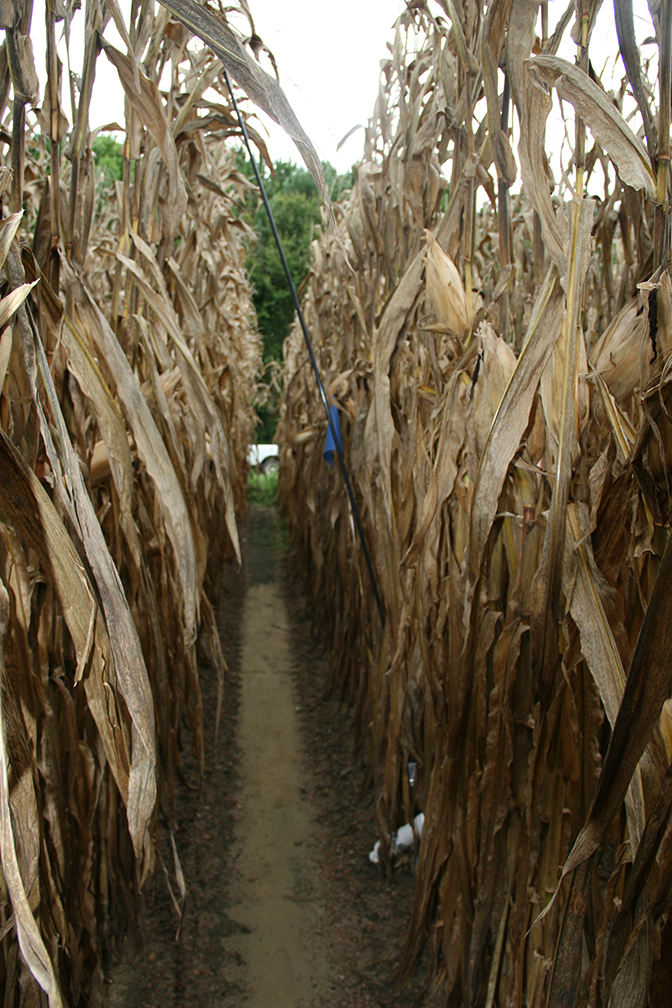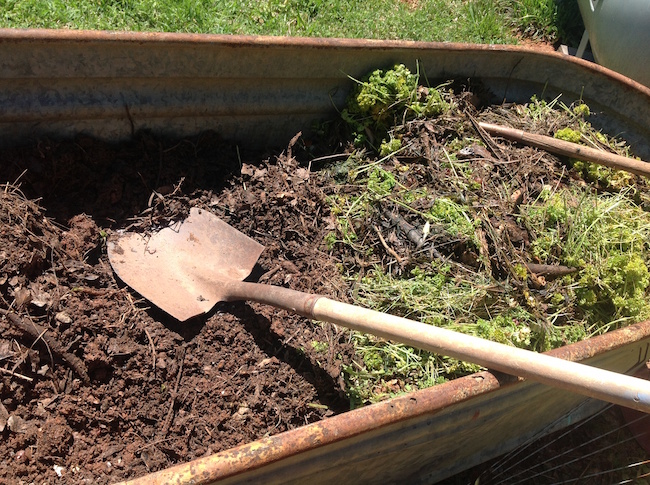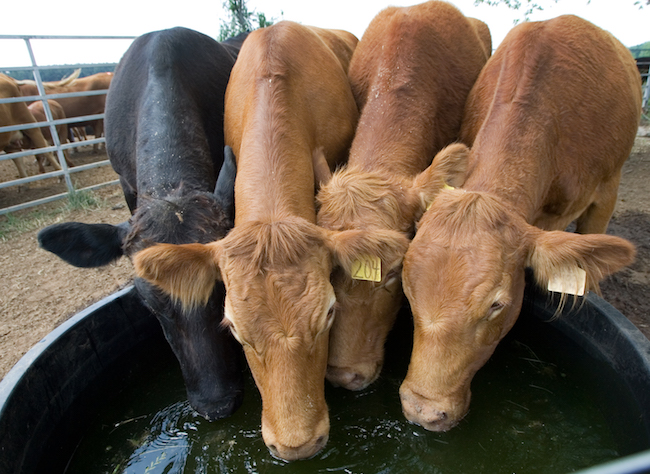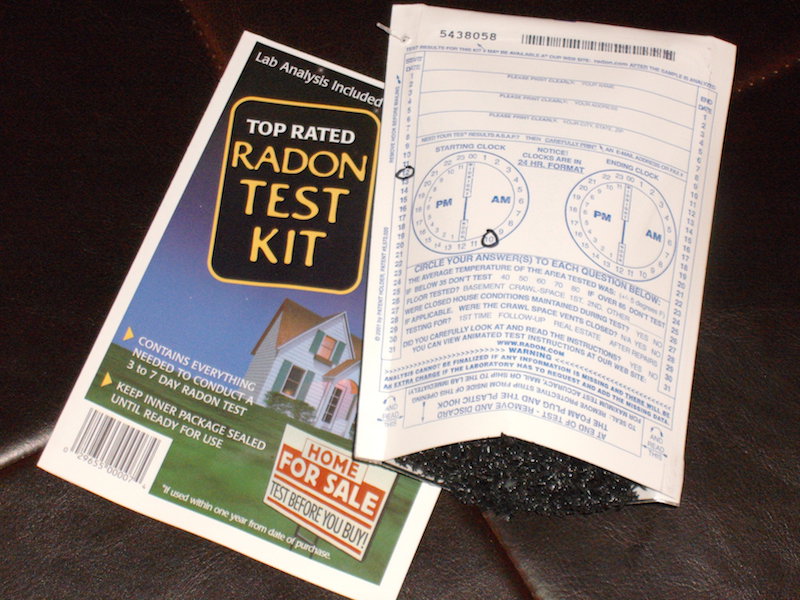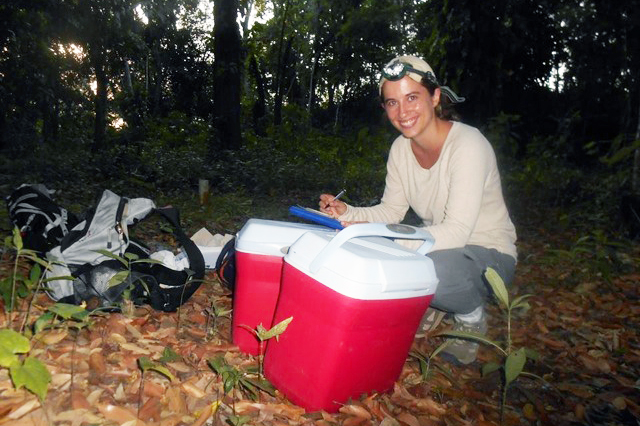 CAES News
CAES News
Graduate Student Travel Awards
his summer University of Georgia College of Agricultural and Environmental Sciences students traveled the world with help from the college’s Office of Global Programs’ Graduate International Travel Awards.

